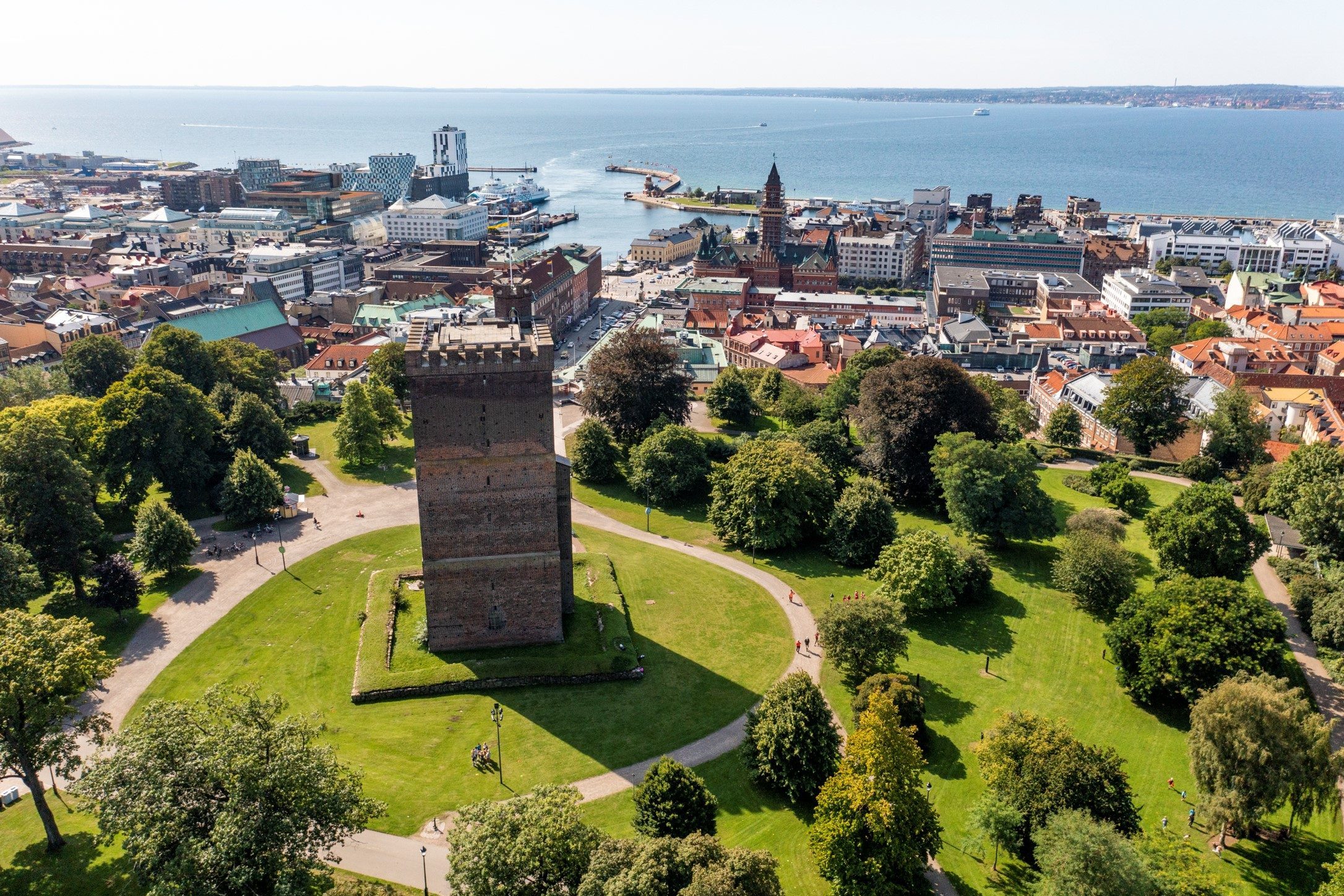Repowered Sites
Each Repowered Site serves as a living lab, testing and showcasing innovative solutions such as building retrofitting, smart energy management, and new business models to improve energy efficiency and community engagement. With support from scientific partners, these pilot sites exchange knowledge, co-create strategies, and develop scalable solutions that can be replicated across Europe.
Together, these sites form a network of energy transition pioneers, proving that local action and collaboration are key to a resilient and sustainable urban future.
Our Repowered Sites
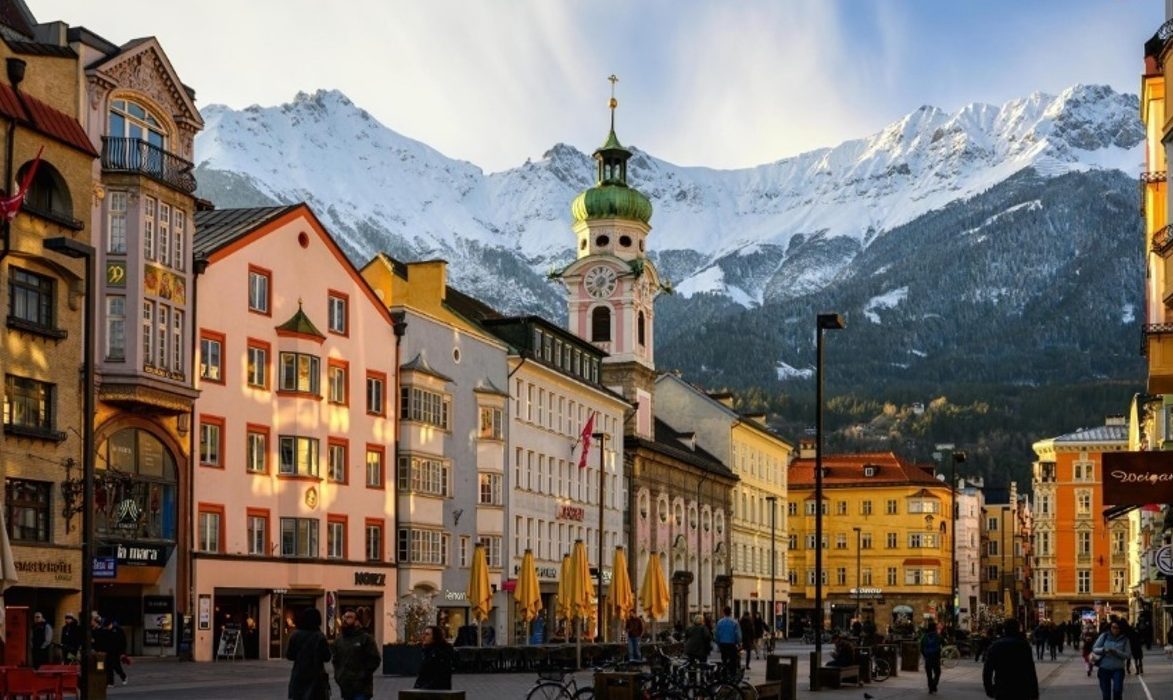
Innsbruck, Austria
Innsbruck is addressing the large number of unrefurbished apartment buildings, fragmented heating systems, and limited tenant influence on energy upgrades. As part of the project, the site will develop efficient, decarbonized heating solutions, explore photovoltaic integration, and foster collaboration between landlords, tenants, and energy providers. Through workshops and pilot projects, the city will test innovative financing and cooperative business models to drive deep refurbishment—creating a scalable framework for energy-efficient urban transformation.
Karlsruhe, Germany
Karlsruhe is advancing its 2040 climate-neutrality goal through Energy Neighborhoods, empowering residents to unlock energy savings. As part of the project, the site focuses on fostering knowledge transfer and lowering participation barriers within solar energy initiatives, and promoting balcony PV projects. Through interactive workshops, research on PV solutions, and upcycling experiments, Karlsruhe will create inclusive pathways for citizen-led energy transitions and advancing the PED’s concept.
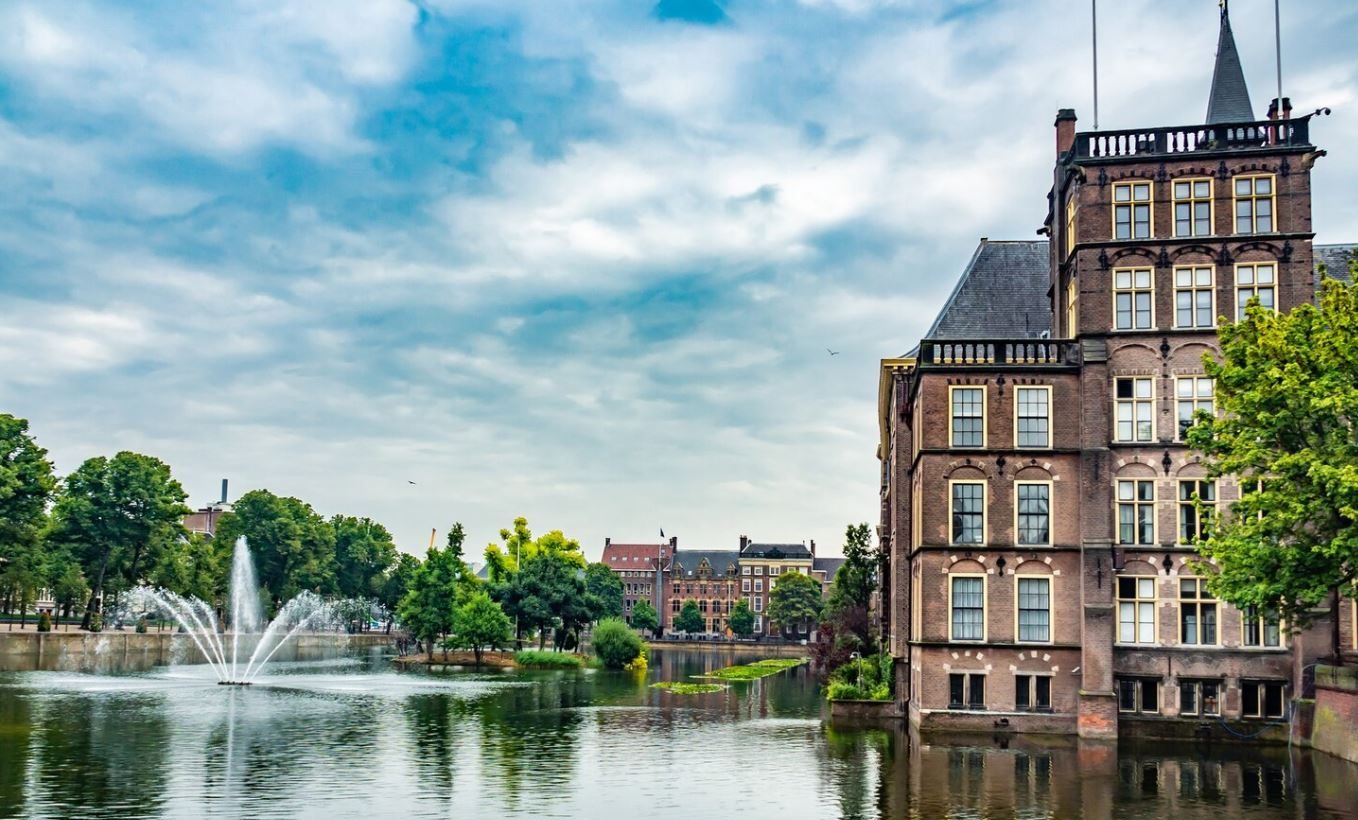
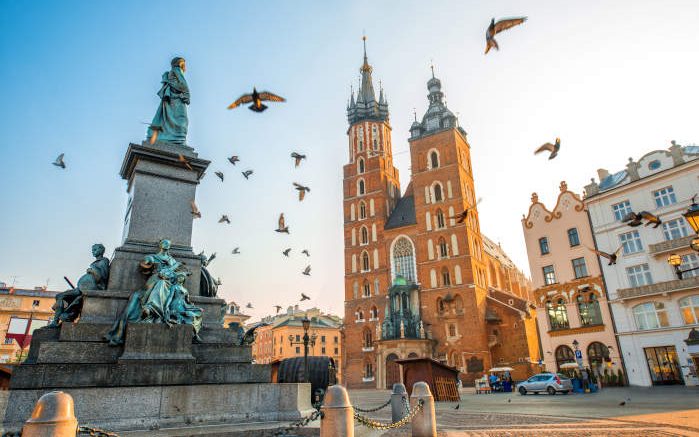
Kraków, Poland
Kraków is tackling air pollution and energy efficiency by integrating e-mobility, renewable energy, and local entrepreneurship. Within the project, the site will set up an e-community platform, linking solar energy prosumers with electric vehicle users in order to create a decentralized charging network. By fostering community engagement, policy innovation, and new business models, the project will support clean transport zones, energy-efficient neighborhoods, and sustainable urban transitions.
Iași, Romania
Iași is transforming its university campus into a smart urban energy hub, integrating renewable energy, advanced IT solutions, and energy-efficient retrofitting. Within the project, the site will leverage smart grids, behavioral change incentives, and recyclable materials to enhance energy performance. Through community engagement and data-driven solutions, the project will create a scalable model for PEDs within large urban areas.
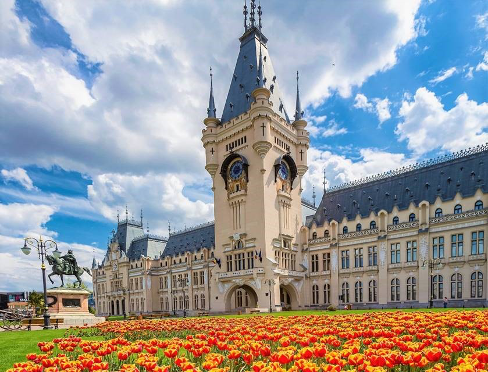
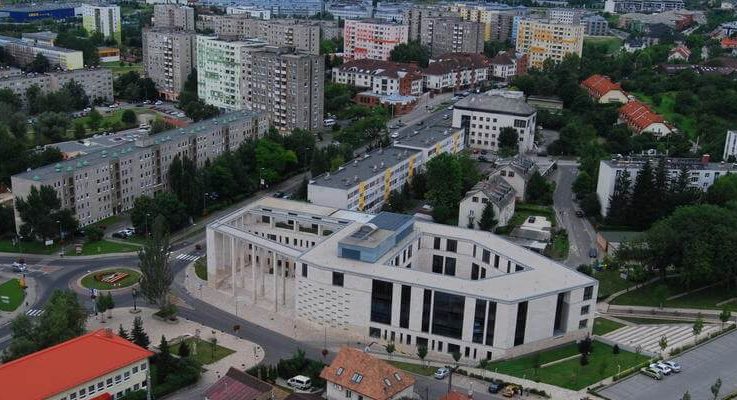
Budaörs, Hungary
Budaörs is advancing solar energy adoption by addressing regulatory barriers and accessibility issues in multi-dwelling buildings. Within the project, the site is supporting the creation of a transparent energy-sharing system, mobilizing energy communities and developing scalable business models for PEDs. By raising awareness and improving policy frameworks, the city aims to democratize access to clean energy and combat energy poverty.
Helsingborg, Sweden
Helsingborg is at the forefront of climate-neutral urban development, integrating renewable energy, citizen engagement, and smart energy systems. Within the project, the site focuses on shared energy solutions, balancing business models, policy planning, and community needs. By fostering collaborative energy management, Helsingborg is creating a resilient and inclusive Positive Energy District that supports long-term sustainability.
